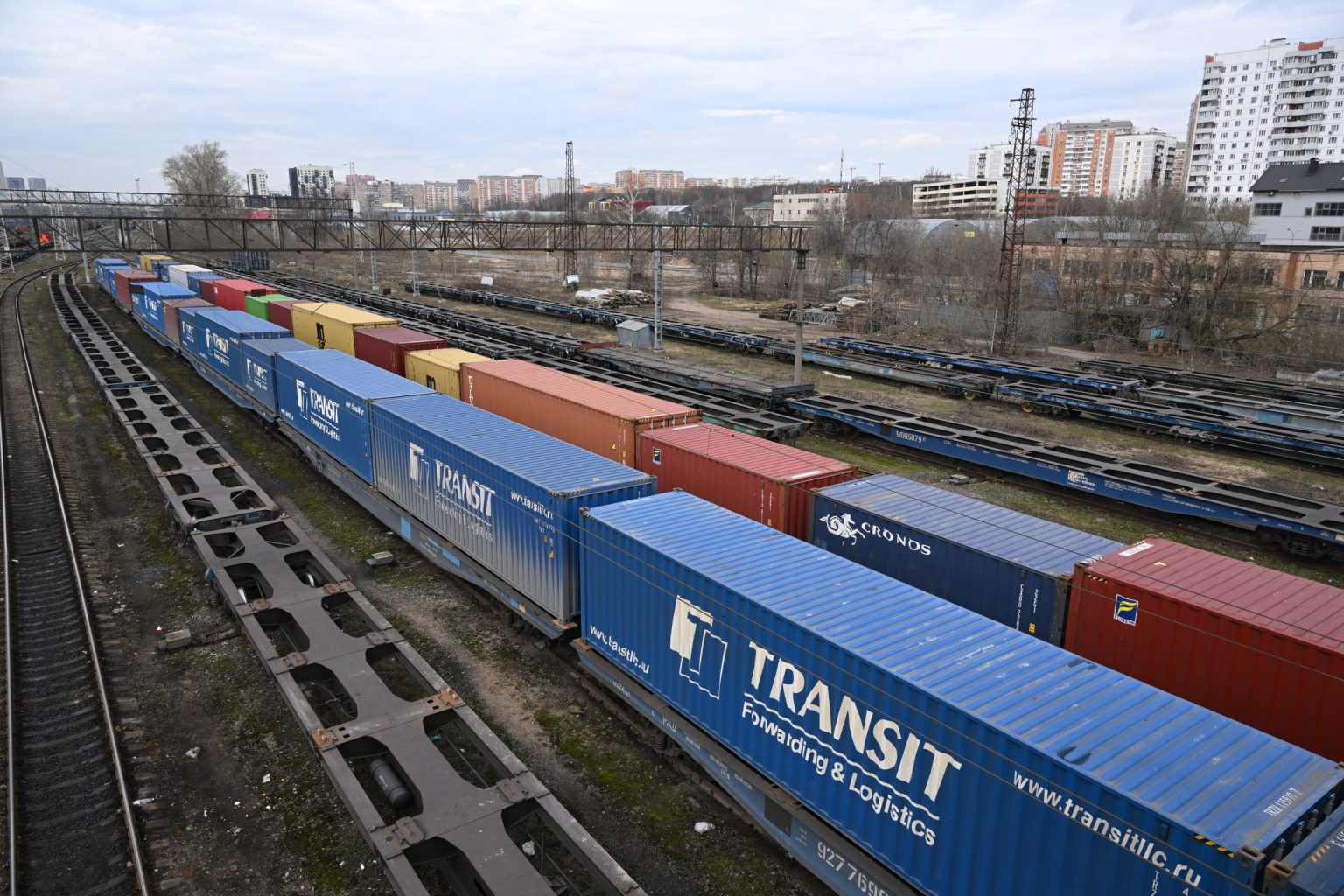Since Russia’s invasion of Ukraine in February 2022, the international community, including the European Union and the United States, has imposed sanctions on Russia to limit its economic and military capabilities. These sanctions have targeted financial services, energy exports, trade, and technology vital to Russia’s defense industry. However, businesses are finding ways to exploit illicit trade hubs in countries like Kyrgyzstan to circumvent these sanctions and continue exporting goods to Russia.
According to data from the International Monetary Fund and the Brookings Institution, there has been a significant increase in exports from Eastern European countries to Kyrgyzstan since the invasion of Ukraine. Countries like Serbia, Romania, Bulgaria, and Hungary have seen a spike in their export values to Kyrgyzstan. These goods are suspected of being rerouted to Russia, bypassing the sanctions imposed by the international community. The Brookings Institution’s senior fellow, Robin Brooks, highlighted the surge in exports from these Eastern European countries to Kyrgyzstan on social media.
Further analysis of trade data provided by the Brookings Institution revealed that Central and Western European countries also experienced a surge in exports to Kyrgyzstan in recent years. Countries like Germany, Italy, Austria, and Poland saw significant increases in their export values to Kyrgyzstan, indicating the potential exploitation of loopholes in the sanctions regime. Despite efforts to prevent the diversion of sanctioned goods to Russia via third countries, the situation remains challenging.
The European Union has identified the prevention of sanctions workarounds as a top priority. Efforts are being made to ensure that EU-sanctioned goods, especially those used in Russian military systems, do not find their way to Russia through third states. Special sanctions envoys are actively engaging with platform countries and potential hubs to curb circumvention of trade embargoes. The EU is also collaborating with the U.S. and the U.K. to stop the re-export of sensitive items to Russia, focusing on high-priority goods that could support Moscow’s industrial base during wartime.
In a report by the IMF’s Middle East and Central Asia Department, Kyrgyzstan’s trade dynamics have undergone significant changes following Russia’s invasion of Ukraine. The country has become more dependent on external trade, with imports soaring and exports declining. Russia and China have emerged as major trading partners for Kyrgyzstan, with China’s share of imports increasing and goods shipped to Russia tripling. The government entities of Poland, Austria, Germany, Italy, the U.S., and Russia did not immediately respond to requests for comment on the situation.
Kyrgyzstan’s role as a transit point for goods destined for Russia reveals challenges in enforcing international sanctions against Russia post-Ukraine invasion. Efforts by the EU, U.S., and other countries to prevent the diversion of sanctioned goods through third-party countries are ongoing. The IMF’s report highlights the impact of these dynamics on Kyrgyzstan’s economy, with increasing reliance on external trade partners. As countries continue to navigate the complexities of international trade in the aftermath of the invasion, cooperation and coordination among stakeholders are crucial to effectively implement and enforce sanctions regimes.


